Eliana Dockterman, who covers all things culture and feminism for Time Magazine, recently wrote an article in which she criticizes the conservative values shared by many of America’s most popular superheroes. Reflecting on how the civil rights movement has inspired the Hollywood system to rethink its representations of cops, she suggests the superhero genre could follow suit.
A reflection of society’s strongest cultural sub-currents, the film industry was quick to ally itself with the protesters. In the month that passed since the death of George Floyd, an African American victim of racially-motivated police brutality, execs have cancelled pro-cop programs like Cops and Live PD while dozens of celebrities used their wealth to either silence BLM critics or donate money to charities. According to Dockterman, however, this might only be the prelude to an even more extensive entertainment overhaul.
“As we engage in this long overdue conversation about law enforcement,” she writes, “it’s high time we also talk about the most popular characters in film, the ones who decide the parameters of justice and often enact them with violence: superheroes.”
Given that most classic superheroes were created by straight, white men, it’s not so surprising that they were designed to be straight, white men as well. But although heroes like Batman and Superman have been typically been portrayed as light-skinned, that trend is already changing rapidly.
Spider-Man: Into the Spider-Verse, for example, featured an African American main character, while a fairly recent Wonder Woman comic strip writer reinvented Steve Trevor as an interracial, homosexual couple. And that’s not even talking about live-action blockbusters like 2018’s Black Panther or the upcoming Shang-Chi and the Legend of the Ten Rings.
As some of these aforementioned titles go to show, race and sexuality can be changed on a whim. But another remnant of the patriarchal culture in which these personalities were created, one that is much more difficult to erase because it affects the structure of the entire plot, is their relation to law enforcement.
“With a few notable exceptions,” Dockterman explains, “most superhero stories star straight, white men who either function as an extension of a broken U.S. justice system or as vigilantes without any checks on their powers.”
As she points out, superheroes often have a complicated relationship with law enforcement as, while they’re often talked about as standing outside anyone’s jurisdiction, they frequently collaborate with government organizations. The Avengers, for instance, take their orders from S.H.I.E.L.D., while Batman frequently teams up with GCPD Commissioner Gordon.
Superman is perhaps the best illustration of Dockterman’s argument. From the moment he was created, the character has been styled as a personification of western values. Frequently associated with the American nation, he essentially functions as not only a helper of but also a mouthpiece for the U.S. government, a role which is becoming more and more problematic as faith in that government wanes.

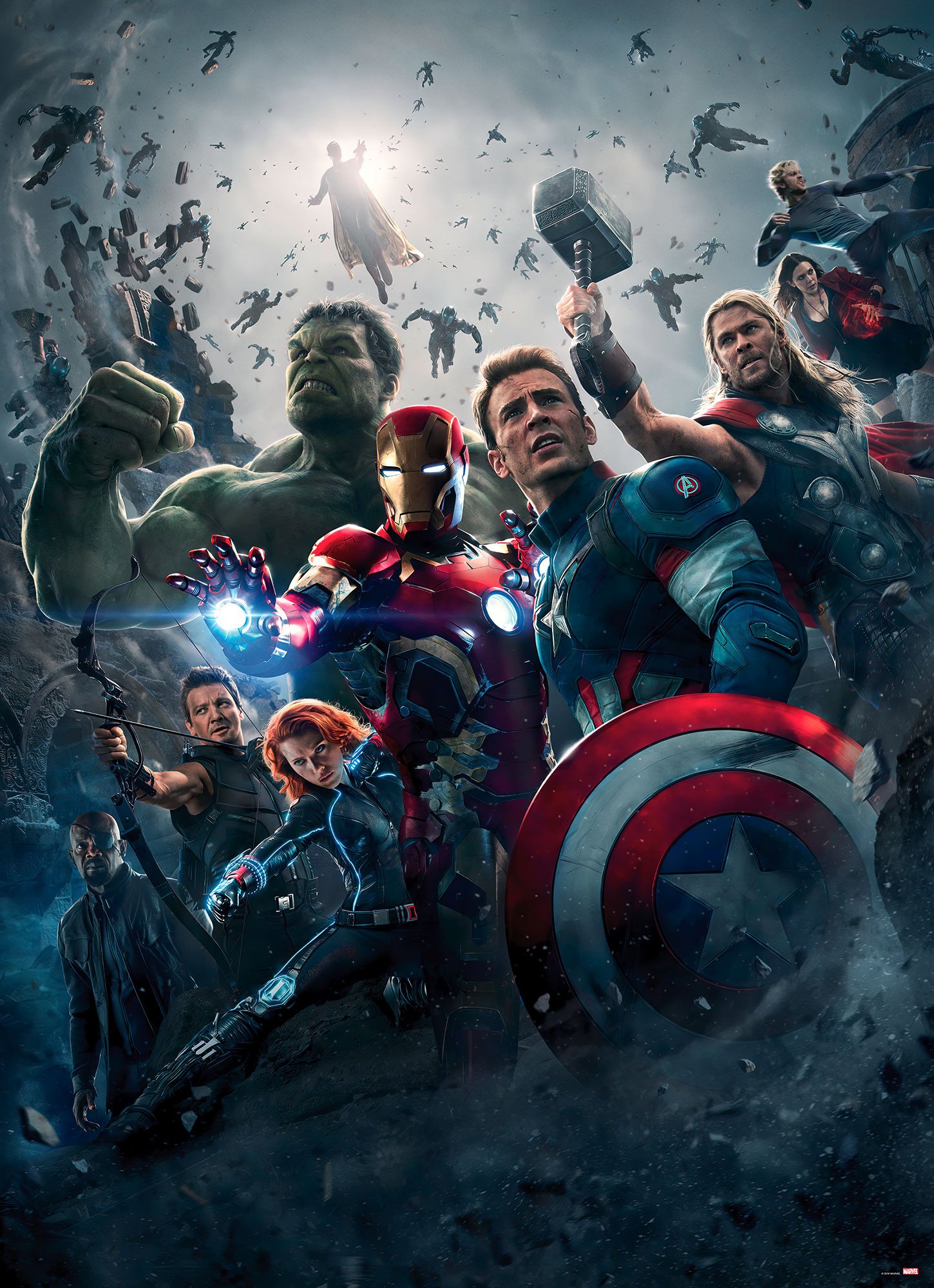






















































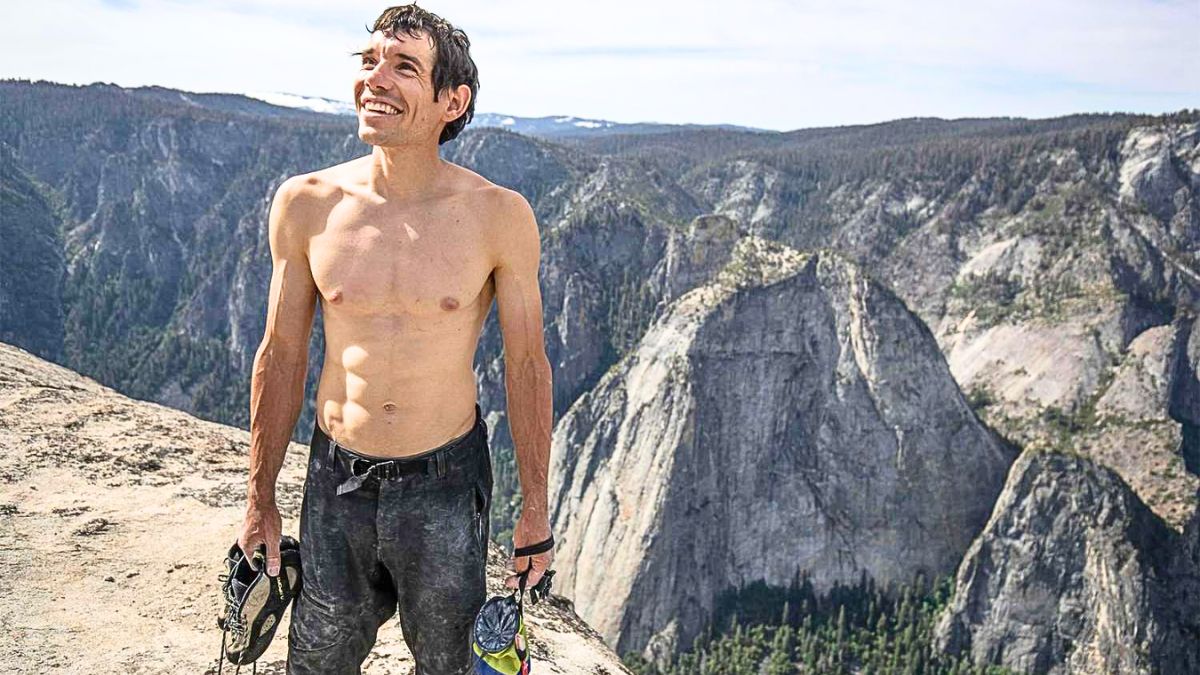
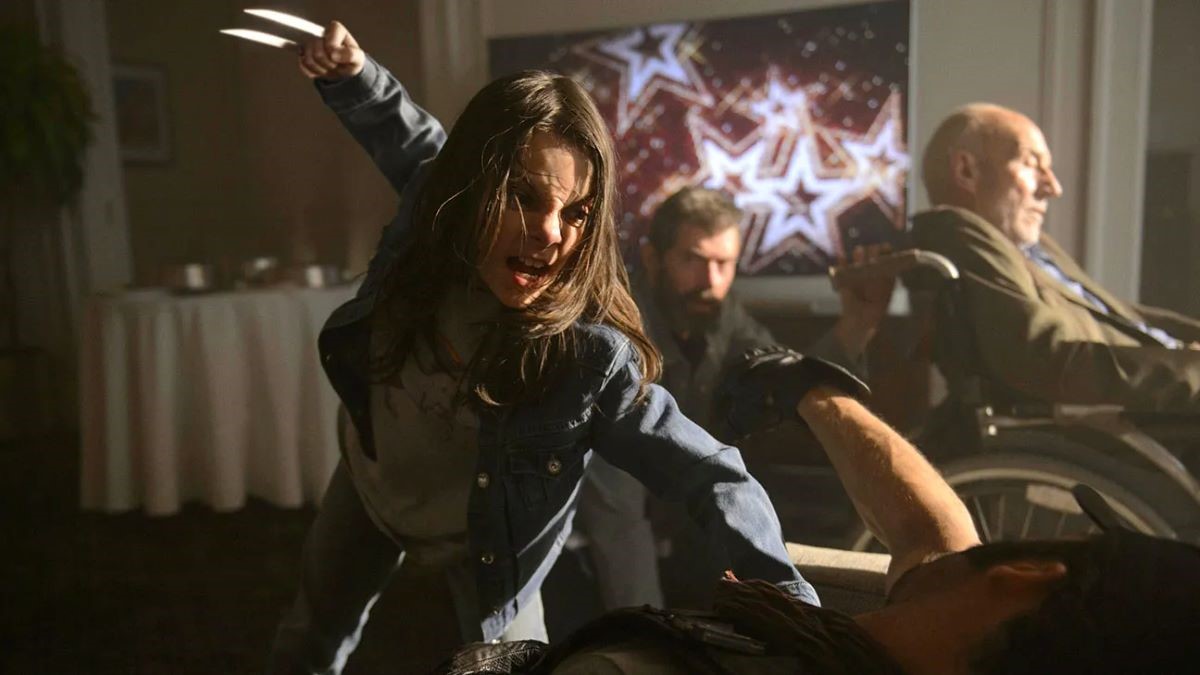
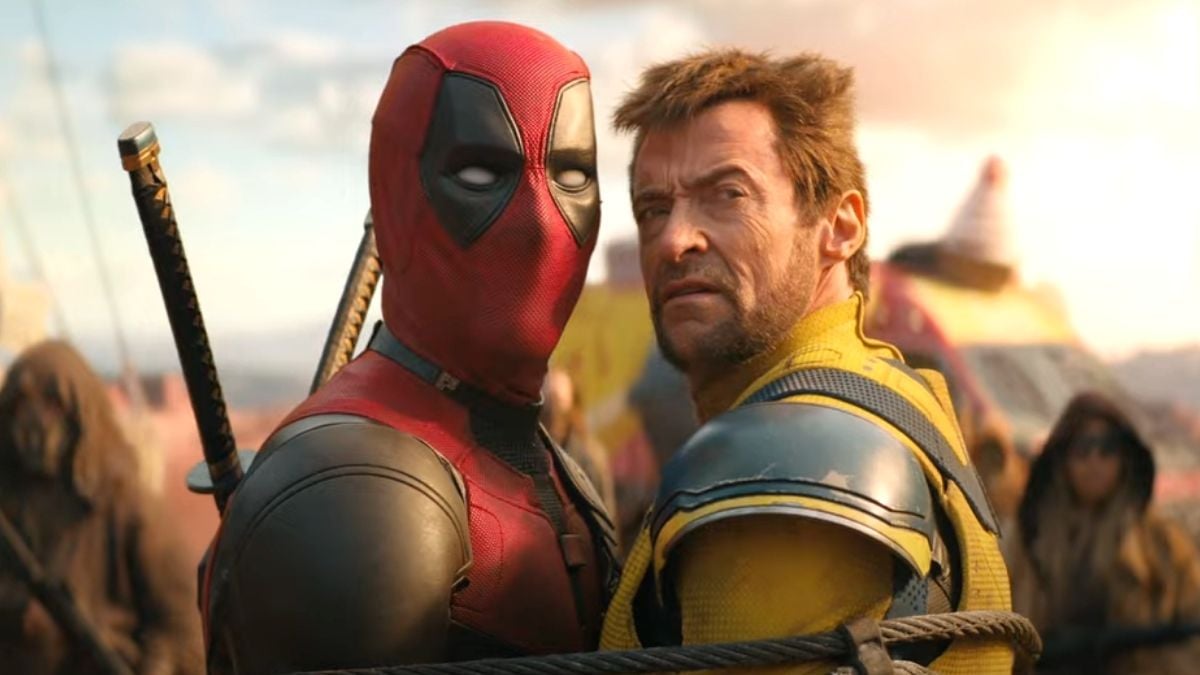
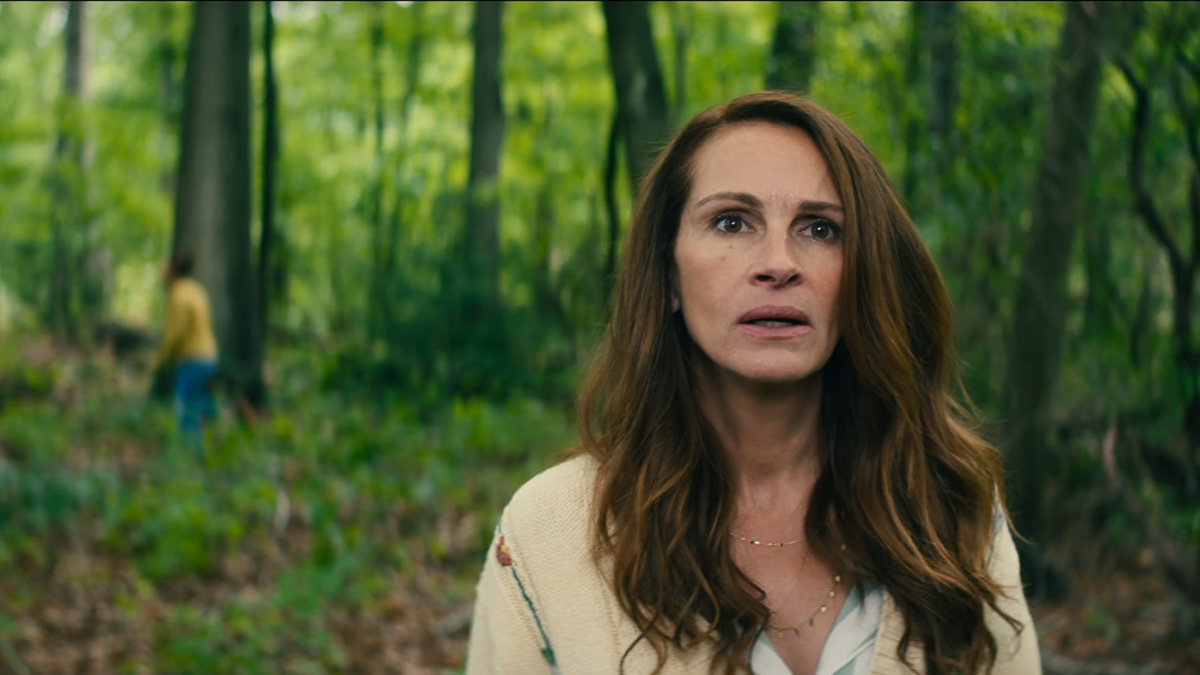
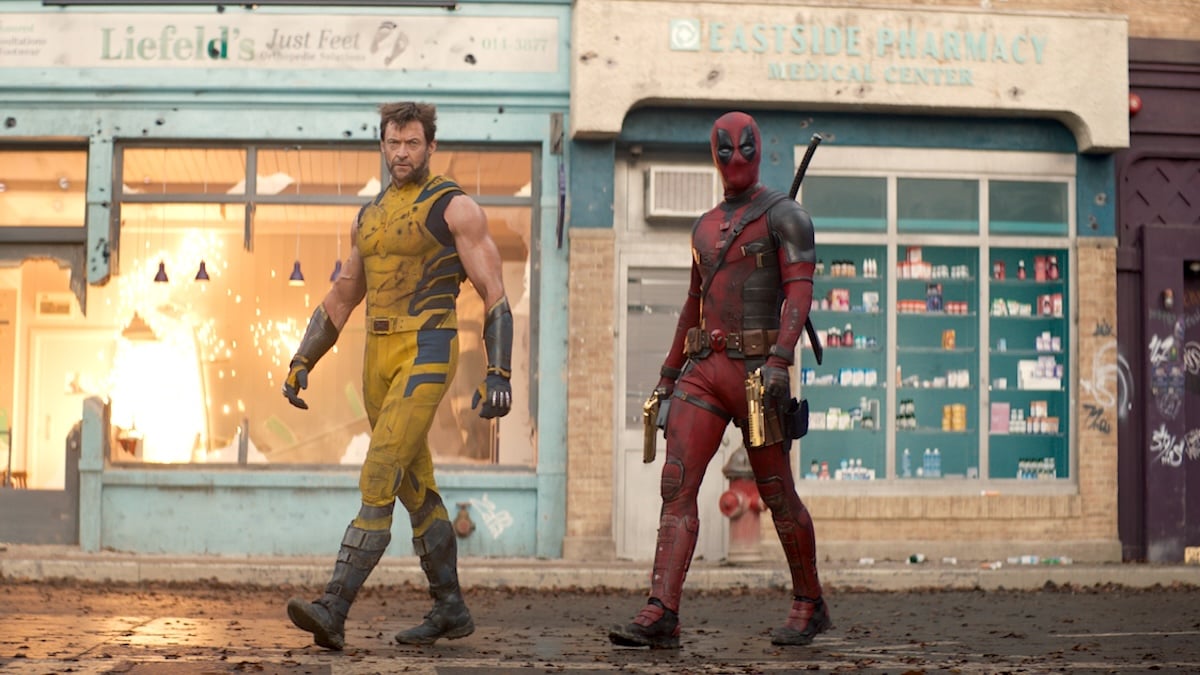
Published: Jul 3, 2020 06:53 pm